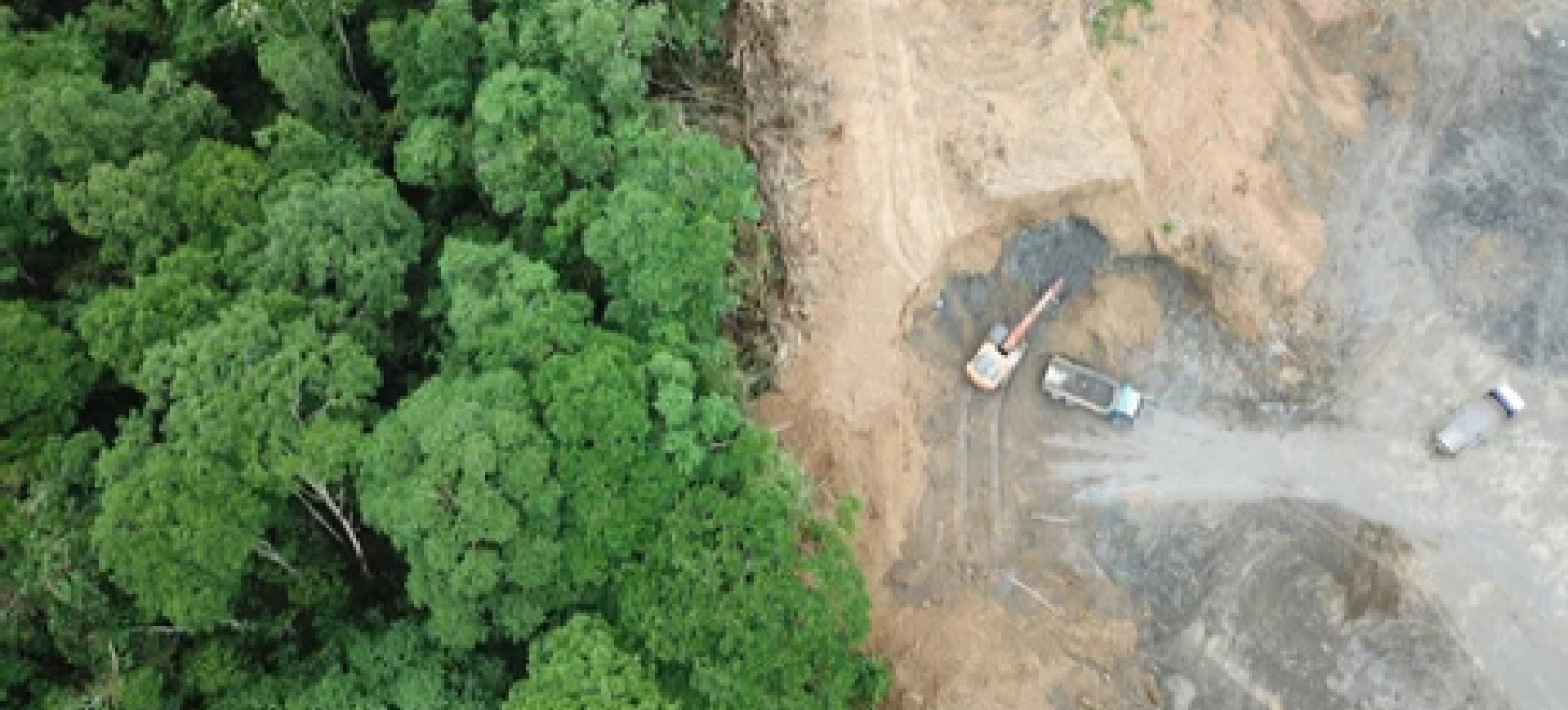Systems for planetary health
Our current way of producing and consuming food and the impact it is having on the environment are unsustainable. Pinpointing where connections and co-benefits exist in agriculture, climate and health is key to our survival
We are living in a unique moment for our planet, a crossroads. The scale and speed of the transformation and degradation of Earth’s natural systems due to the impact of human activities are unprecedented. They may be surpassing our planet’s capacity to continue to provide the conditions to sustain life as we know it, including humankind.
Climate change is no longer only a possibility. Maybe seen as distant in time and space by some people until recently, it is now an indisputable fact that is affecting people and life everywhere on the planet. Land-use change, deforestation, biodiversity loss, pollution of air, water and soil, and overexploitation of marine and terrestrial resources are some other results of the acceleration of human activities during the past few decades.
Planetary health is a global movement and scientific field that brings some important insights: we may no longer be able to safeguard human health and well-being if we continue on the same path; everything is connected, all human activities and the planet; everyone, every sector, every community has a role to play to change course; solutions must address planetary health for all.
To achieve that, we will need to effect profound and urgent changes in how we live. That includes how we produce and consume food, energy and manufactured goods; how we design and live in our cities; and, maybe underpinning everything, how we relate to nature and other human beings.
Global call to action
The São Paulo Declaration on Planetary Health is a global call to action from the planetary health community delineating a path forward to support a more equitable and resilient post-pandemic world. Drafted during the 2021 Planetary Health Annual Meeting, in São Paulo, Brazil, it has recommendations addressed to everyone, but especially to 19 sectors of society.
One sector is recognised in the declaration as central to planetary health: the agricultural and food systems sector. It has the possibility of “meeting our global food needs, achieving social justice, and decreasing our footprint on natural systems”, and so “how this sector moves forward with agricultural practices and food options will determine the future of human health and well-being”.
That is because the current way of producing food by the agricultural sector and the entire food system is having a negative impact on the environment, as it degrades forests, pollutes air, land and water, and drives pressure on biodiversity, directly and indirectly. More than one-third of the Earth’s land surface and nearly 75% of freshwater withdrawal is taken or caused by agriculture, including livestock production, yet access to healthy, safe, affordable and sustainable diets is still precarious. In Brazil, for example, agricultural production is responsible for about 70% of the greenhouse gases emitted in the country, the vast majority due to deforestation and livestock, especially beef. The importance of agriculture as a driver of environmental change, including climate change, is clear.
In addition, climate change also affects people’s health, food security, malnutrition and obesity, especially in vulnerable populations, which are more affected by extreme weather events that produce heatwaves, droughts and floods, loss and reduction in food production, especially fruits and vegetables and increased food-borne illnesses.
However, the issue is not restricted to agricultural practices in the field. Human diets have an impact on our health and on the environment. Currently, malnutrition, nutritional deficiencies and overweight are a triple burden for many populations, associated or not with diet-related non-communicable diseases. Climate change may intensify the situation by affecting food production and security, thus adding another synergy to the problem.
Adapt and mitigate
Adaptation and mitigation actions are essential. Recent studies have shown that global dietary patterns need a transition to healthier and more sustainable diets, based on low environmental impact, rich biodiversity, high socio-cultural values of food, food waste reduction and positive local economic returns.
That means increasing consumption of diversified plant foods and reducing animal source foods (mainly meat) and the few plant foods driving deforestation (for example, soy in Amazonia), as well as integrating local biodiversity into food-based interventions.
Public policies can have a crucial role in every part of this complex issue. It is worth highlighting policies in Brazil that act in a systematic and intersectoral way, such as the National School Feeding Programme. It guarantees free healthy meals for students in public schools, provides educational activities in conjunction with professionals from the Primary Health Care System, and stipulates that at least 30% of food must be acquired from family farming, favouring organic and highly diverse agro-ecological foods.
Family farming has a crucial role in Brazilian development, since it aggregates sustainable development, employment and income generation, food security, local development and especially biodiversity conservation as an alternative path to food sovereignty. This is an important step, because Brazil lives with the paradox of being one of the major food producers and exporters, and at the same time has 33 million people facing hunger, now reversing the previous trend of decrease.
These are some of the many links among agriculture, food systems, human diets, human health, environment, biodiversity and climate. Others might be added, such as the role of propaganda and communication on diets and on society’s choices regarding those topics. Be it at the personal level or at the country level, food systems and their impacts on agriculture and health are, indeed, political choices.












